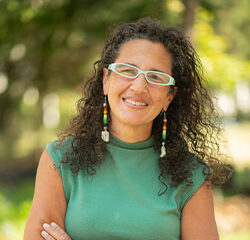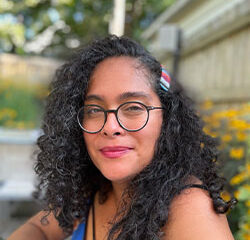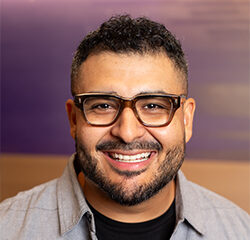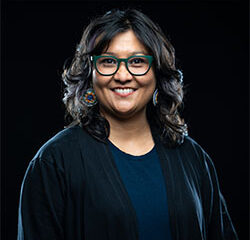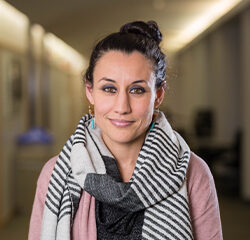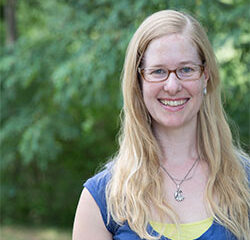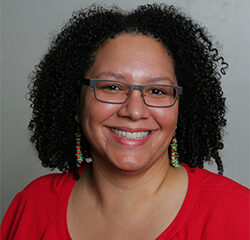Phenology is the study of seasonal impacts on plant and animal life cycles – including humans.
Learning more about phenology can help us think about complex social – ecological systems and human relations with the natural world and the decisions we make daily and over time. Through our Field Based Seasonal Storyline, we learn more about how seasons shape and reflect our relationship to the natural world.
Connecting Phenology to the Classroom
How are we Studying Phenology in Learning in Places?
Students
For K-3 students, the study of phenology serves as a lens through which family and cultural experiences, and Next Generation Science Standards (Science and Engineering Practices, Disciplinary Core Ideas, and Crosscutting Concepts) can all be investigated. Students can practice everything from observing phenomena to asking questions to analyzing data to communicating information. Phenology touches the physical, life, earth and space science, as well as engineering, technology, and applications of science. Furthermore, patterns, cause and effect, etc. can all be seen in phenology. Studying seasonal changes based on students’ wonderings provides a path toward “engaging all students in both meaningful learning and socio-ecological decision making.”
Families
For families, seasonal changes provide touch points for all cultures and communities. Every family has stories that map onto the change of seasons, and many people’s understandings of nature come through these stories. When these unique perceptions of nature show up in the classroom, students can engage in more culturally relevant science learning. As research has shown, family and community engagement and leadership is necessary to creating and sustaining culturally-relevant and academically stimulating places for learning. Learning in Places engages families’ knowledges and practices throughout the storyline by embedding learning opportunities that connect investigation to families’ home lives and communities.
Co-Designing Storylines
Using the Field Based Science Seasonal Storyline framework, teachers can co-design yearlong investigations with students and families. By eliciting stories and curiosities from students, classes can go outside on wondering walks that provide phenomena for further study. These can be developed into questions and models that provide predictions that can further refine models. After going on wondering walks with families, this process will generate new questions that will prepare students for data collection. This data will be analyzed and models then revised once again. Rinse and repeat as necessary. Eventually, students can use their data and models to construct explanations about the seasonal phenomena that they have investigated, and share these insights as experts. To summarize, we will start with what students and families wonder about, continue with what they want to learn about, and build an investigation around the questions that will help them learn about their wonderings.
Resources
Readings
- Wolf, Zavaleta, & Selmants. (2017). Flowering phenology shifts in response to biodiversity loss. PNAS
- Forrest J. & Rushing A. J. (2010). Toward a synthetic understanding of the role of phenology in ecology and evolution. Philosphical Transactions of the Royal Society B 365, 3101-3112.
- Visser, M. E., Caro, S. P., van Oers, K., Shcaper, S. V., & Helm, B. (2010). Phenology, seasonal timing and circannual rhythms: Towards a unified framework. Philosophical Transactions of the Royal Society B, 365, 3113-3127.
- Chuine, I. (2010). Why does phenology drive species distribution? Philosophical Transactions of Royal Society B, 365, 3149–3160.






